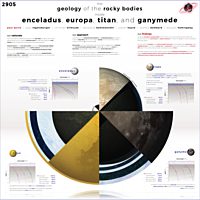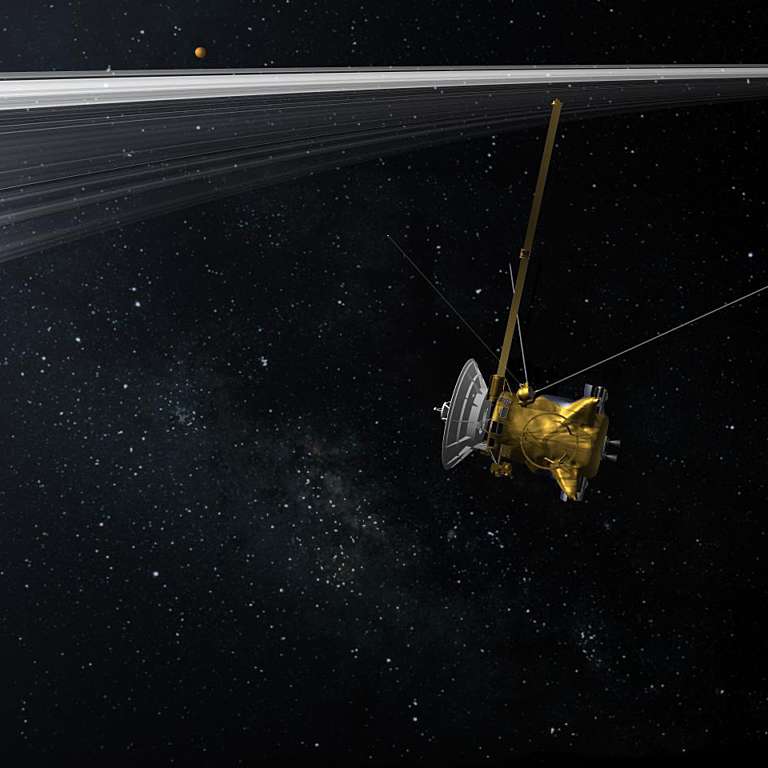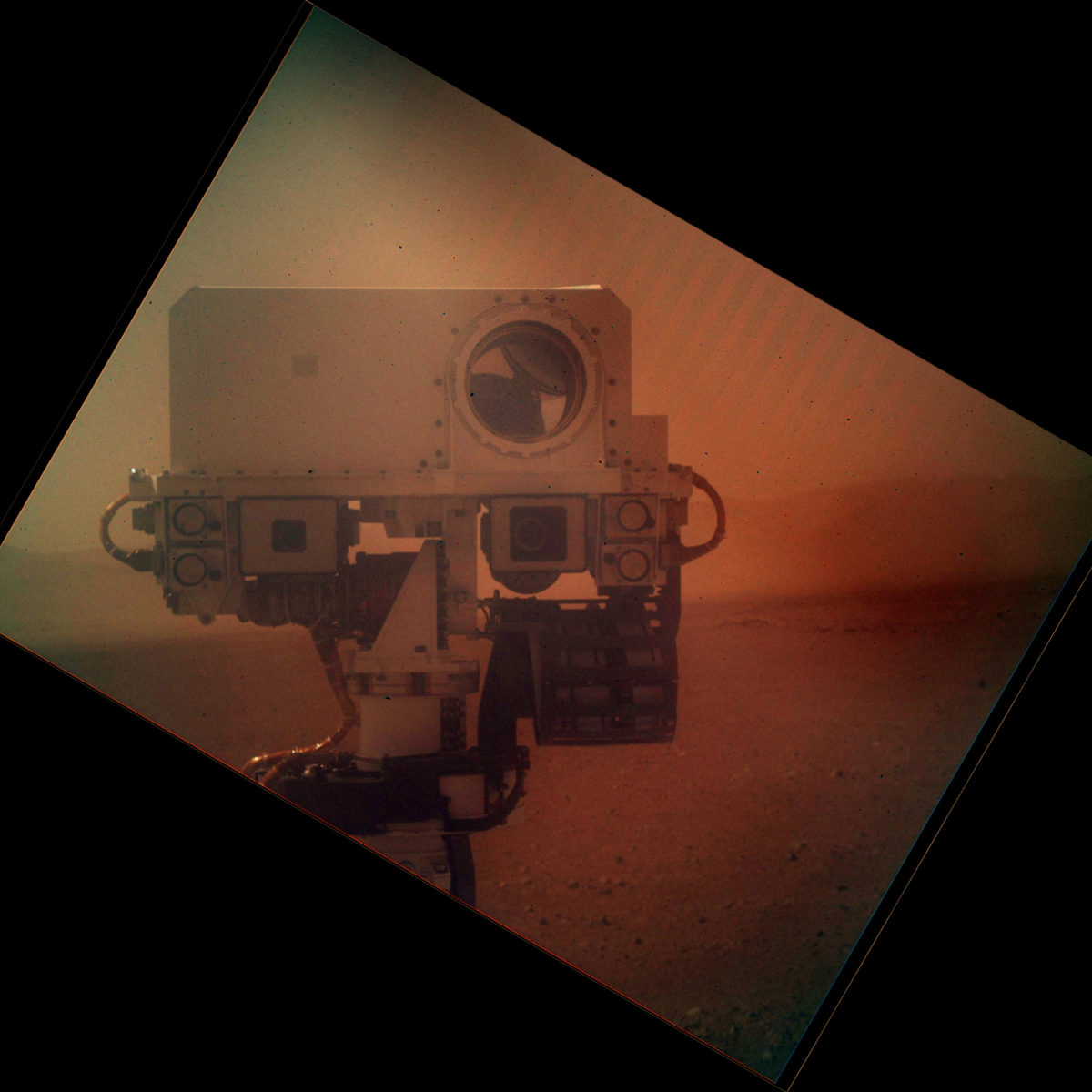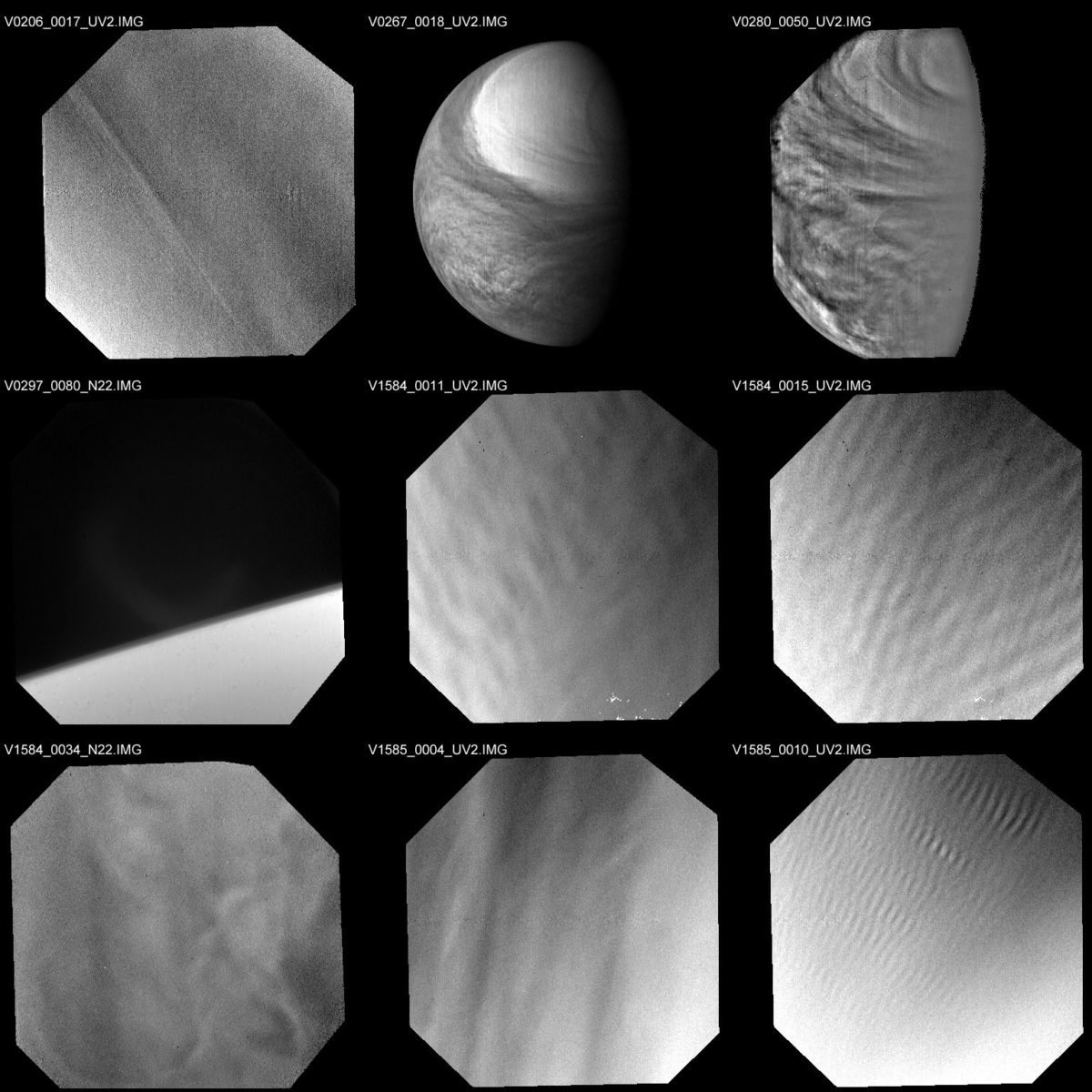All
All
Stories, updates, insights, and original analysis from The Planetary Society.
How to design an effective scientific poster
In short, a poster should be as close to an infographic as possible.
So you need questions answered about space
A post for kids whose teachers have told them to send emails to scientists asking questions.
Speak your science: How to give a better conference talk
Bad presentation often gets in the way of good science. Emily Lakdawalla offers her advice on how to present your scientific work effectively.
These are a few of our favorite things: Top 2017 planetary stories
Looking back on 2017, we here at The Planetary Society are proud of what we have accomplished during this orbit of the Sun. Emily Lakdawalla, Jason Davis, Casey Dreier, and Mat Kaplan reflect on the year that was.
A writing sabbatical
Four years ago, I announced that I was writing a book about Curiosity, describing the mission from its inception through its nominal mission. I am still not done, so am taking a three-month break from other work -- including this blog -- in order to focus and finish. I'm seeking scientists and engineers to serve as guest bloggers.
Curiosity Rover: Design, Planning, and Field Geology on Mars
Emily is back to work on her Mars Science Laboratory book, which has a new publication date and a new title.
How Can We Write About Science When People Are Dying?
Stories about exploration and wonder can be powerful antidotes to seemingly endless suffering and destruction.
Finding new language for space missions that fly without humans
Historically, human spaceflight was described using the words
LPSC 2015: "Bloggers, please do not blog about this talk."
One presenter at the Lunar and Planetary Science Conference asked the audience not to blog about his talk because of the embargo policy of Science and Nature. I show how this results from an incorrect interpretation of those policies. TL;DR: media reports on conference presentations do not violate Science and Nature embargo policies. Let people Tweet!
JPL Releases a Big, Bold Website Redesign
NASA's Jet Propulsion Laboratory released a major overhaul of its website. Here's a closer look.
A Glimpse Into NASA's New History Archives
NASA's immense reference collection got a makeover at its Washington, D.C. location recently. Jason Callahan gives you a glimpse behind the scenes as guests made their way into the new rooms while enjoying good conversation and, of course, Moon Pies.
Is Mainstream Space News Adrift?
The Houston Chronicle has a new, interactive web series on America’s space program. Why don’t we see more space coverage in this format?
Daily Mail plagiarizes Planetary Society Blog guest post by Katherine Mack
Planetary Society guest blogger Katherine Mack is just the latest of a great many writers whose work has been copied, uncredited, on the website of the British tabloid.
The new Cosmos: Standing Up in the Milky Way
My daughters liked the new Cosmos and want to watch next week. I thought it was a successful beginning for a long series, and I think it'll become a weekly viewing event for our family. I hope other families think the same.
Why Cosmos should matter, especially to Hollywood
For a town dependent on Stars, there are far too few people here who look up at the sky. But come this Sunday, March 9, the epic series of science, space and humanity will return: Cosmos: A Spacetime Odyssey. Why does it matter for Hollywood, specifically? I'll tell you why it will. And then why it should.
"Secrets of the Kuiper Belt" in Sky & Telescope
Woo hoo! I've got another cover story in the current (February 2014) issue of Sky & Telescope, in which I try to make sense of the Kuiper belt. This article was motivated by my observation that the discovery of many new things beyond Neptune had, through an ironic chain of events, resulted in our teaching children less about the solar system than we used to.
Planetary Radio: Ten Years A Roving: The Mars Exploration Rovers
This week's show looks back over ten years of exploration by Spirit and Opportunity. Writer A.J.S. Rayl recounts the challenges encountered early in the mission, and how an outstanding team triumphed.
Results of ten Venus years of cloud tracking by Venus Express
What Venus Express' Visual Monitoring Camera images of Venus have taught us about the motions of Venus' atmosphere.
"Water on Mars" in Sky & Telescope
A shameless plug for my article on


 Explore Worlds
Explore Worlds Find Life
Find Life Defend Earth
Defend Earth


 Sun
Sun Mercury
Mercury Venus
Venus Earth
Earth Mars
Mars Jupiter
Jupiter Saturn
Saturn Uranus
Uranus Neptune
Neptune Small Bodies
Small Bodies















